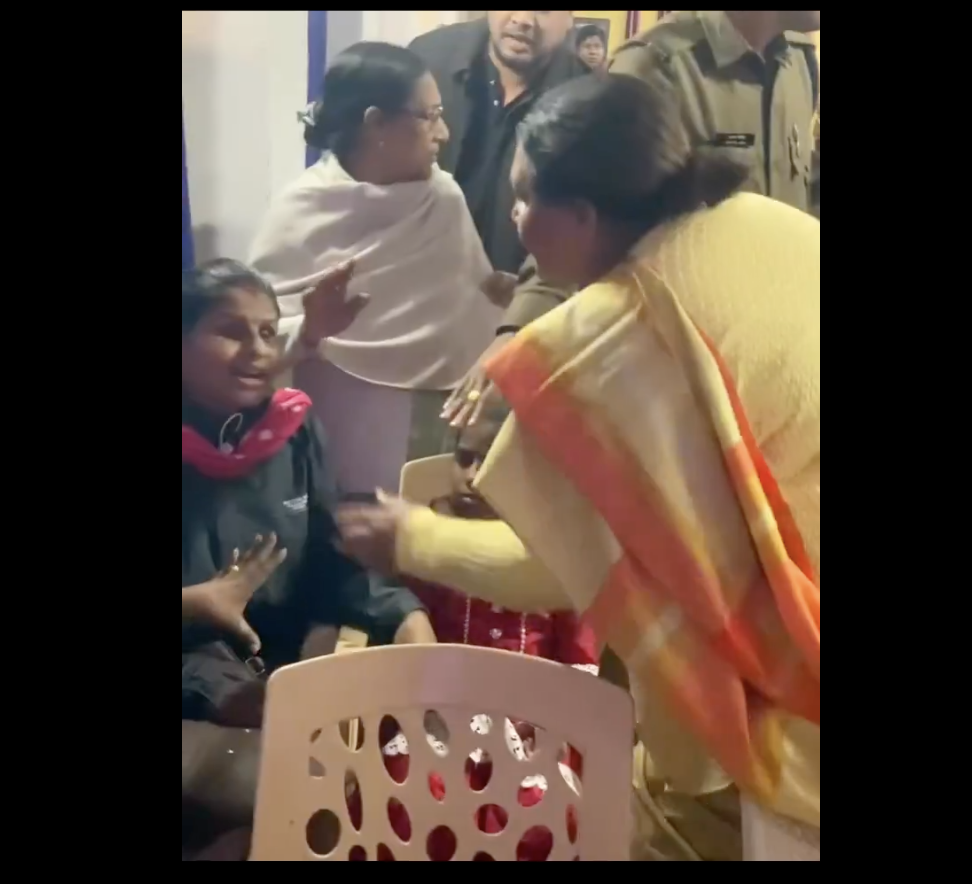Talking to journalists in Guwahati on the sidelines of the ongoing budget session of state assembly, the Sarma mentioned that while the government was planning to introduce a legislation banning polygamy, it is now also thinking of aligning the issue with UCC after Uttarakhand passed a legislation on it last week.
“Assam cabinet (on Saturday) has discussed both UCC and polygamy Bill. We were following (a legislation to ban) polygamy, but Uttarakhand has passed the UCC (Bill). We are now working on alligning both (issues) so that we can prepare a robust legislation. We are working on that,” said Sarma.
He mentioned that an expert committee will look into the possible ways to align polygamy and UCC in the same legislation.
“The UCC (legislation passed by Uttarakhand) is banning polygamy while making it a civil offence. We were thinking of making polygamy a criminal offence. Since the country needs an uniform policy, we are going to align these. For that I will have a round with our central leadership on which direction we should go,” said Sarma.
He mentioned that the state cabinet on Sunday decided to introduce a legislation prohibiting the practice of healing by faith healers.
“This is a very dicey subject, which is used to convert tribal people. We are going to pilot this Bill (banning healing), because we believe the religious status quo is very important,” said the CM.
“Whoever is Muslim, should remain Muslim, whoever is Christian, should remain Christian and whoever is Hindu, let them remain Hindu so that a proper balance can be achieved in our state. We want to curb evangelism in Assam and this Bill will be a very important milestone,” he added.
The Uttarakhand government on Saturday formed a nine-member committee for preparing the draft of rules for the Uttarakhand Uniform Civil Code Bill 2024, which was passed in the assembly last week.
The UCC refers to a common set of laws that will subsume customary laws across faiths and tribes and govern issues such as marriage, divorce, inheritance and maintenance. In the Constitution, it is a part of the non-justiciable directive principles of the State policy.
This story was originally published in hindustantimes.com. Read the full story here.






